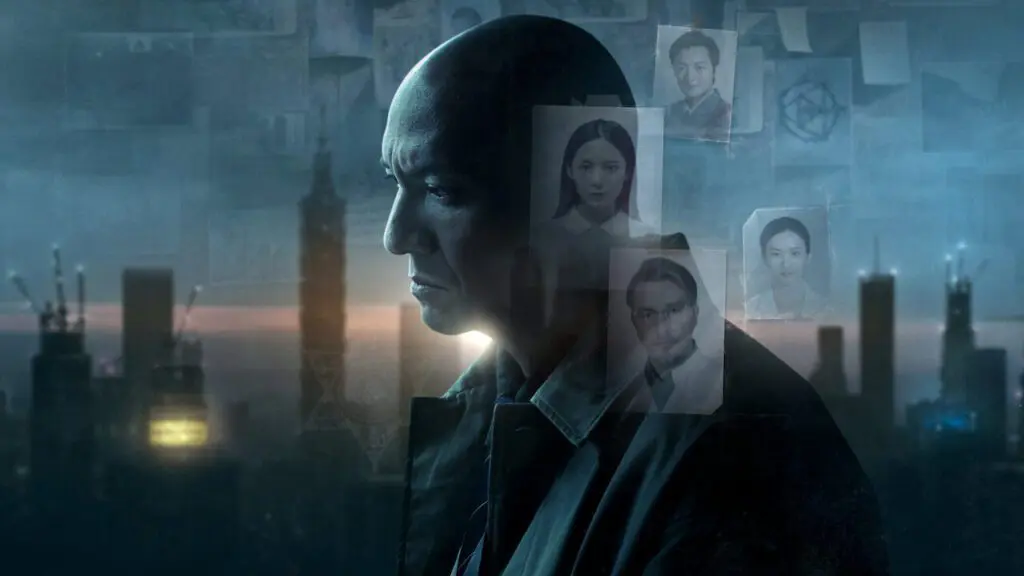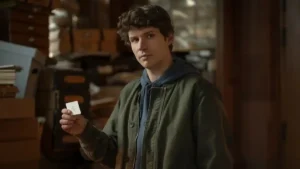Summary
The Soul is so immersed in its own tragic tale that for the viewer, it does not feel like a two-hour experience.
This review of the Netflix film The Soul, or known as Ji hun, does not contain spoilers. The mystery was released on the streaming service on April 14, 2021.
Read the ending explained of Netflix’s The Soul (Ji hun).
There are a plethora of elements ingrained in this film, and director Wei-Hao Cheng feeds each one to the audience by spoon-feeding the complex murder mystery in three detailed acts. The Soul is so immersed in its own tragic tale that for the viewer, it does not feel like a two-hour experience. First of all, the story follows Prosecutor Liang — a workaholic, a man easily consumed by a mystery despite his own personal issues. The prosecutor has brain cancer, and his prognosis is not positive. Coupled with this grim situation is Liang’s partner, Bao, also an investigator; they are an emotional, investigative duo — battling the prospect of bringing a child into the world while considering the likelihood that only one parent will exist to see their offspring grow up.
The world turns darker for Liang and Bao when Chairman Wang Shih-Tsung is murdered — he leads a large corporation. His death has sent reverberations around the country. Netflix’s The Soul truly benefits from the concept that the murder of Mr Wang is a closed case; however, with the story set ten years into the future, it allows the audience to suspend their belief as our two leading characters ponder possible scenarios that led to Mr Wang’s demise. It’s a compelling, dark feature with a twisty, in-depth murder mystery.
The Soul truly relies on patience — do not be prepared for action sets or extreme dialogue; this is a film that lets the characters breathe. It slowly provides exposition that platforms two concerning possibilities — is this a paranormal or a scientific scenario, or is it simply the act of a brutal murder? The film toys the audience with each possibility, teasing them at every corner — this is a real, well-woven mystery that wants to provoke the audience with thoughts rather than events, which makes it even more fascinating.
The Soul does perhaps iron out what the future of crime may look like and how it will influence decision-making, but ironically, the film does have a soul despite the bleakness. Watching the emotional burden that weighs on the shoulders of both lead characters as Liang perseveres through the evil of cancer adds a dimension of emotion to the story.
It’s been a long time since I was not irked by the run time of a two-hour movie — The Soul is a fantastic piece of work.




